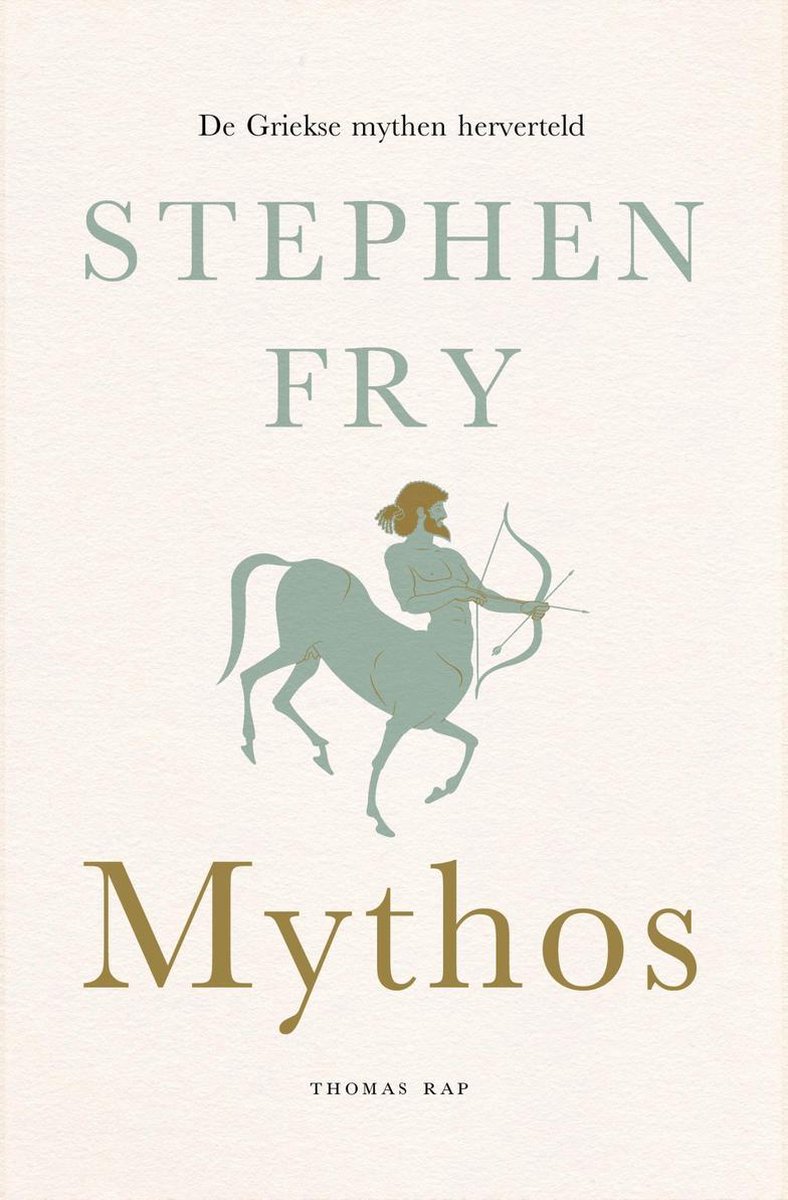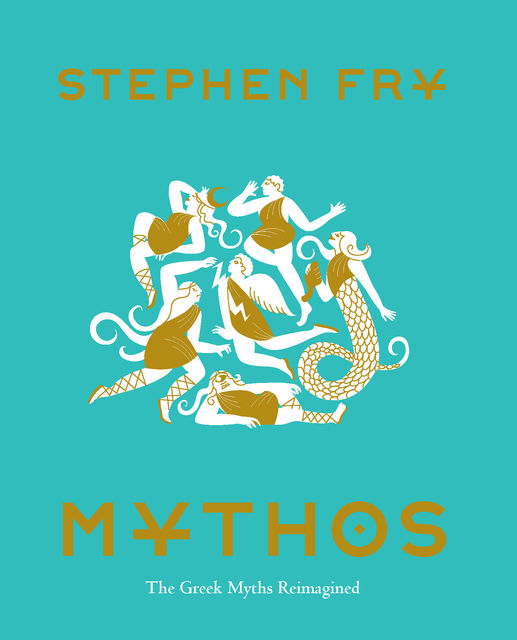



I remember when Stephen Fry started to become such a figure for me. We all have them: cultural figures whom, beyond any single thing they’ve done, we’re just kind of glad to have around, and whose sensibility seems to jibe in some fundamental way with our own. This gives the book a "light-hearted" touch and makes it easy to listen to while on the road or in bed or under the shower or. He does hint at some words or expression derived from character names mentioned in the stories, but does not go into any further depths. Stephen Fry makes it quite clear that you neither need any prerequisites to enjoy the book nor will you gain any "insight" into the stories' "meaning", be it literary or sociological or etymological. What I liked about this approach is the complete neglection of any academic expectations. It is a good enough excerpt, though, if you want to grasp the patterns and the overall "tone" of those stories (most of which can be found in other peoples' mythologies in respective form anyway).

The book starts with the creation of "the world" (universe, actually) and ends with the story of Midas (the guy with the "Golden Touch"), so it is NOT a "complete" collection of all the myths and stories available in the vast pool of Greek mythology. But Stephen's enthusiasm well carries you through it. He is not the world's greatest dramatic writer, so some of the stories come with quite some lengths that make you wish for an editor to cut, cut, cut. But do expect them to get a slightly "updated" tone, modernized pace and some tongue-in-cheek side-comments by the story-teller (or "author" if you will). Modernized easy-listening version of old talesĭo not expect anything "new" about the well-known Greek myths that are retold here.


 0 kommentar(er)
0 kommentar(er)
